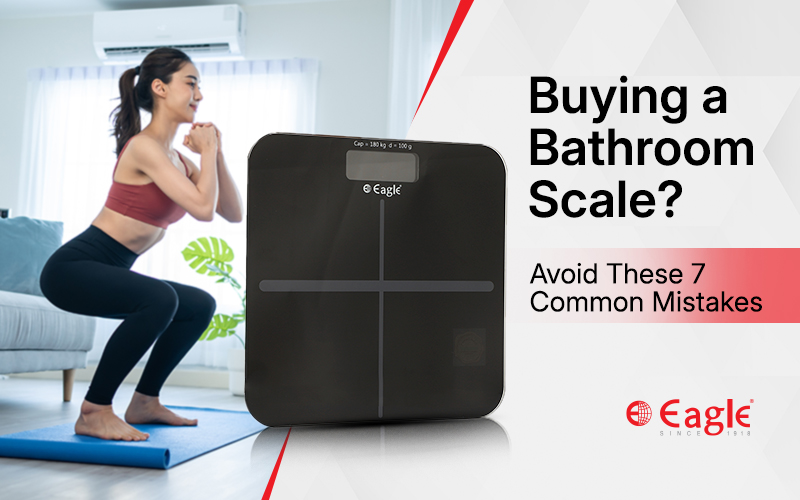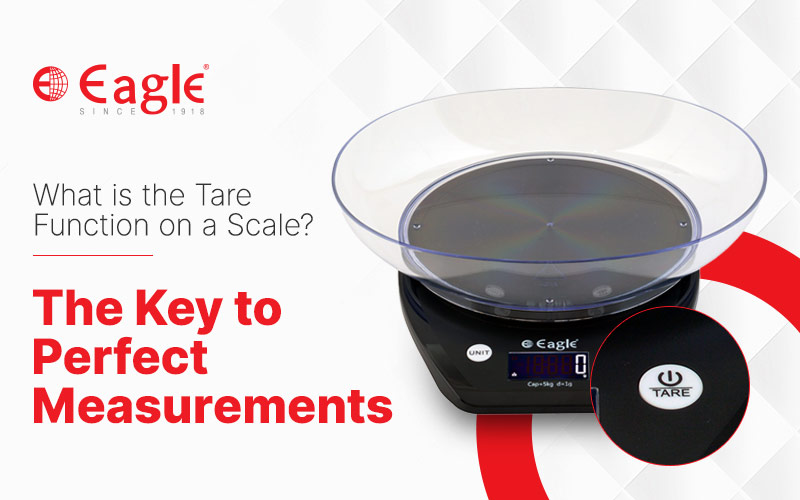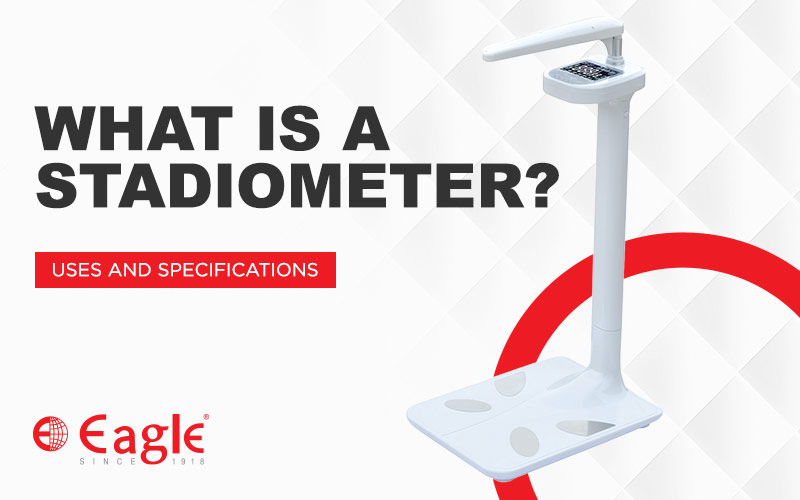
Best Budget Weighing Scales That Deliver
The role of weighing scales in our daily lives is often overlooked. From your kitchen counter to industrial warehouses and health-related activities, weighing scales ensure accuracy, efficiency, and quality control. In homes, they help track health goals and portion control. In retail, they ensure fair measurement and accurate pricing. In laboratories, they are used for […]

How Accurate Are Bathroom Scales? Here’s What You Need to Know
Having a quality bathroom scale by your side is a great way to monitor your body weight and track your progress regularly. People who are trying to achieve their ideal body weight and get in the best shape can benefit greatly from these sophisticated devices. However, many users often wonder how accurate a bathroom scale […]

Why Your Scale Might Be Giving Wrong Readings
Most people who regularly use a weighing scale for fitness purposes or for weighing specific items at their place of work realize how important accuracy and consistency of measurements actually are. When you use a digital weighing scale often, it is easy to notice when readings do not seem accurate. But why exactly does it […]

Buying a Bathroom Scale? Avoid These 6 Common Mistakes
One day, you feel motivated because you’ve lost a kilo, the next day, you’re frustrated because it suddenly shows two kilos gained for no reason. Have you been relying on a faulty scale that gives you inconsistent results? Choosing the correct bathroom scale and using it correctly makes a big difference. But most people either […]

Force Sensor: Types, Working Principle, Uses, & Application
Force sensors are a much more integral part of our everyday lives than we give them credit for. These devices are used in everything from weighing scales to medical appliances to a wide range of industrial machinery. The main role of a force sensor in most applications is to convert the mechanical force applied to […]

What is a Checkweigher? Definition, Uses, and Principles
How do manufacturers ensure that every packet of chips, every bottle of medicine, and even entire pallets of goods meet precise weight requirements? Checkweigher, a machine that verifies weights in real time, makes this possible. But how exactly do they work, and why are they essential across industries like food processing, pharmaceuticals, and logistics? This […]

Weighing Scale: Calibration Vs Stamping
Calibration Calibration ensures that the weighing scale provides accurate readings according to a set standard. During calibration, a technician adjusts the scale to eliminate any errors by comparing its readings with certified reference weights. Calibration is typically performed as part of regular maintenance or after any repairs. It helps keep the scale’s accuracy within acceptable limits, […]

Zero vs. Tare: Key Differences Explained
Zero and Tare are two essential buttons you will often find on your digital scales. Do they mean the same? You can use them interchangeably, right? Well, the short answer is no. Though they both sound pretty similar, the difference is real and one to make note of. Don’t worry—you are alone if you have […]

What is the Tare Function on a Scale? The Key to Perfect Measurements
Imagine baking your favorite chocolate chip cookies using a digital scale. The recipe calls for 200 grams of flour, but you don’t want to measure it directly because the flour will create a mess. So you grab a bowl, place it on the scale, and the display shows the weight of the bowl. But you […]

What is a Stadiometer? Uses and Specifications
Stadiometer is an important tool in medical settings that can give you an accurate estimation of a person’s height. This easy-to-use tool gives physicians a way to quickly assess the height of an individual while planning for their treatment. These vital instruments can not only increase the height measurement accuracy but they also make the […]




